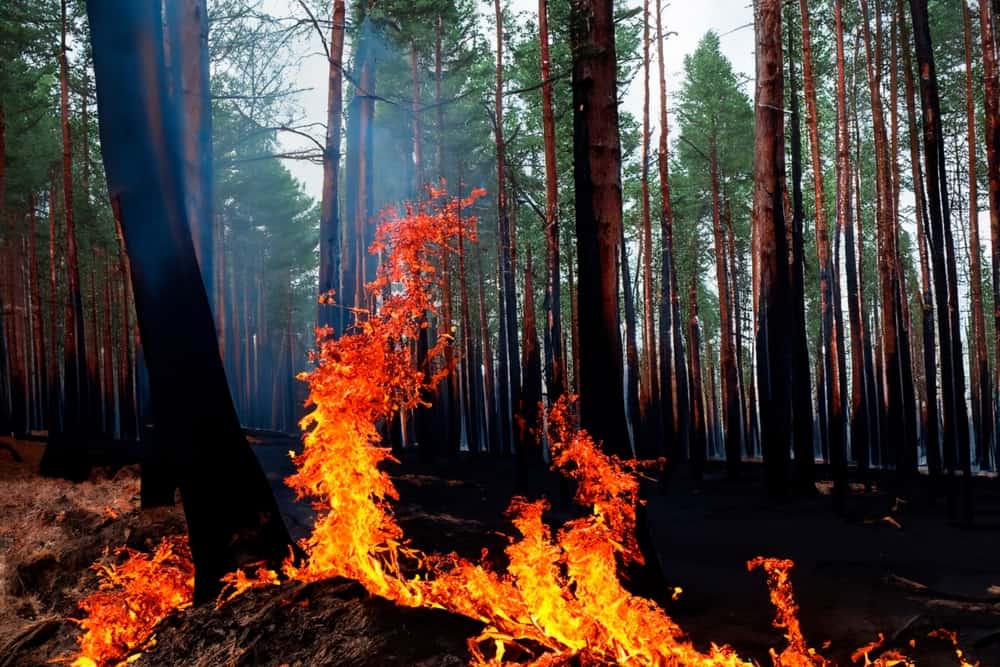Taylor El Hage, Security Manager for Assistance at International SOS, explains how the company stays up-to-date on security situations: ‘We monitor the situation through a number of means, primarily through our intelligence and analysis team, who use open-source data scraping tools to monitor unfolding global events in real time. And this is often supplemented by our human intelligence networks which we put considerable effort into building and maintaining. We also lean on our client base and use our own credentialed security partner network in country to get updates from the ground.’
Highlights some of the challenges faced when supporting evacuations from Rhodes:
‘The clients that were all stuck in Rhodes over the weekend were there on leisure travel. So, we had clients that were there often in big groups,
With their families, with their children.’
It was a very unique situation as the crisis was primarily being handled by the Greek government. ‘We don’t want to cross wires with them, and we never want to circumvent their advice and the way that they’re managing the safety of the people.’ ‘Clients that were being moved every 10, 15, 20 minutes by the emergency services’, so it was important to know their routes and stay in contact.
Transport around the island was difficult due to the rapid spread of the fires, so International SOS managed to ‘obtain several speedboats to conduct maritime evacuations and to provide cars to pick people up’ using the Western side of the island, untouched by the flames.
And provides key advice for responding to wildfires (and other climate and weather-related crises, which are quick to appear and often unpredictable):
1) Maintaining as flexible itineraries as possible and ensuring you remain apprised of any ongoing developments with weather conditions or anything related to the conditions that caused these crises – this requires monitoring local media, local weather developments, and generally staying in tune with what’s happening in the destination you’re travelling to
2) Maintain good comms at all times – either with family, a work manager or the person managing your travel
3) Make sure you follow the security and health guidance from the emergency services and local authorities – these crises often have both security and health elements to them

